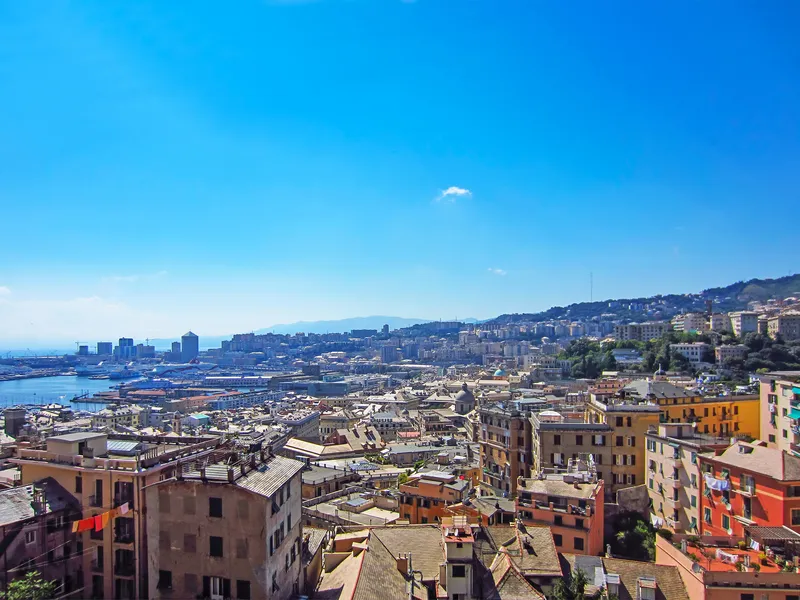The tender for Bogota, Colombia’s decades-long and much-delayed first metro line has been pushed to the first quarter of 2015 following expansion of the US$3.6 billion project.
The original project included the construction of the first line of Bogota’s 26.5 kilometre long metro, which would have 28 stations and be used by around 600,000 people a day. This is the first of four lines planned to be built in the next 30 years.
The metro will complement the existing urban transport system by handling 50 per cent of passengers at peak hours. Construction of the line was due to begin in 2015 and be completed by end-2018 or early 2019.
However, studies unveiled an environmental problem at the site where the maintenance and repair plant was to be built. Officials are currently looking for a different location, urban development institute head William Camargo has said. The change in plans led authorities to expand the metro line by four kilometres, to 30 kilometres with 31 stations.
"The extension will require two to three more months in order to end the year with the complete project design," Camargo said.
He said construction works could begin by the end of 2015 or early 2016.
Bogota's metro tender delayed
The tender for Bogota, Colombia’s decades-long and much-delayed first metro line has been pushed to the first quarter of 2015 following expansion of the US$3.6 billion project.
The original project included the construction of the first line of Bogota’s 26.5 kilometre long metro, which would have 28 stations and be used by around 600,000 people a day. This is the first of four lines planned to be built in the next 30 years.
The metro will complement the existing urban transport system by handling 50 p
July 25, 2014
Read time: 2 mins









